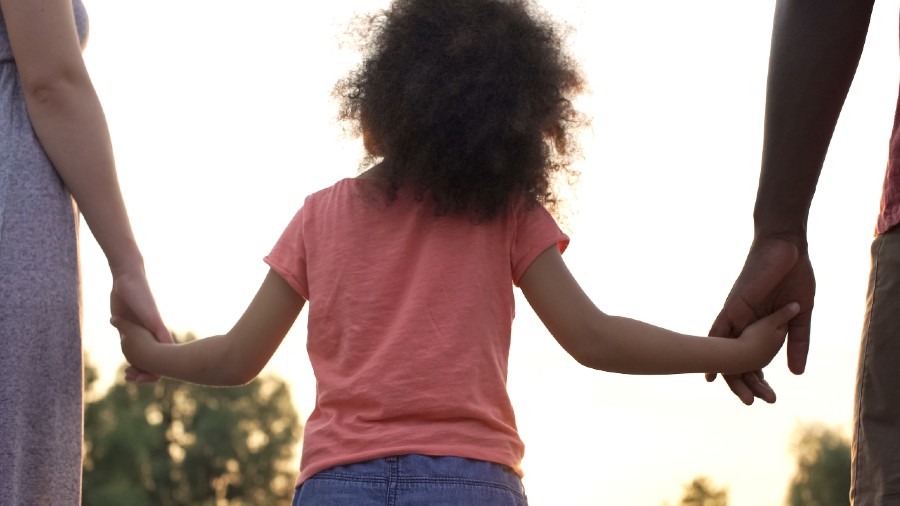Parents of children with autism have to accept their child's condition as well as believe in their abilities and encourage them rather than be “embarrassed or uncomfortable” of their actions, a special educator told during a training programme.
Bhabna Child Development Center that caters to individuals with autism and intellectual disabilities recently conducted an in-person training for parents of such children.
The principal of centre, Sudeshna Chowdhury, said if a parent was hesitant and embarrassed of taking out his or her child in a public space or a social gathering, the society would never accept and understand. “The first step is the awareness of parents which is not just acceptance but knowing how their child can be supported,” she said.
But Chowdhury warned that a parent had to understand the upper limit of the child and not overdo it.
For example, if a child is being taken to a mall, the parents have to see at what point their child is getting uncomfortable and bring him or her away.“For some days it could only be for 10 minutes and gradually the time limit can be increased,” said Chowdhury.
The training was organised after a long gap because of Covid-19.
The pandemic also delayed the diagnosis of autism in many children, said doctors and special educators. There is also a tendency to deny the condition among some parents.
“Parents mistake autism for a disease and ask us when it will be cured. We have to explain to them that it is a condition,” said Chowdhury. It is not easy for parents to accept but the faster they do, it becomes easier for them and the child, a special educator said.
To make an individual with autism accustomed to a social gathering, they have to be prepared for that event, said Chowdhury. “If they have to go to a wedding, the parents must prepare the child for it and also award him at the end of it,” she said.
There are occasions when an individual with autism would want to touch a cake at a birthday party. But his parents have to repeatedly tell him not to and if required, hold his hands behind his back. “Eventually the child will learn. This kind of training only a parent can give. It does not happen in a school,” she said.
